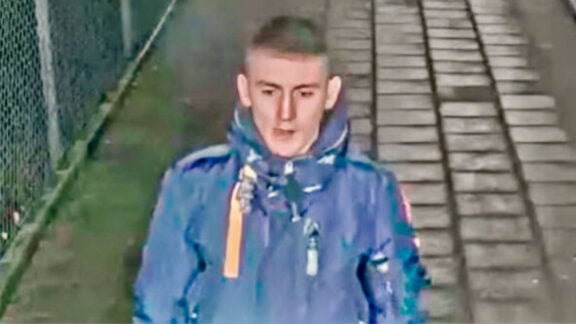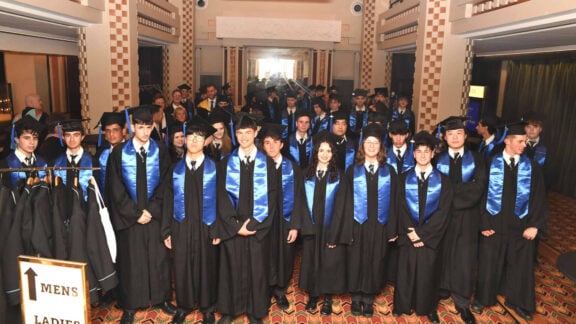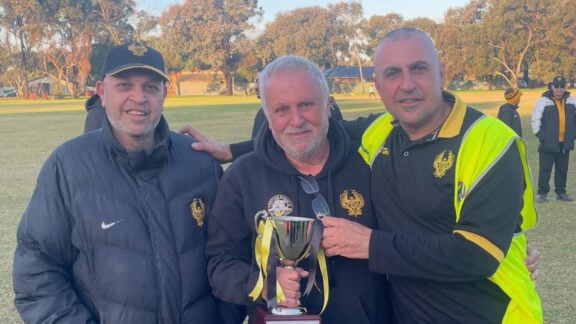After the violent protests at the US Consulate in Sydney last month, concerns over the $10m Countering Violent Extremism program administered by the Federal Attorney General’s office have again hit the headlines.
Last week the triple j’s (ABC) Hack radio show reported concerns in the Muslim community over the program, through which the government spends millions of dollars aimed at “building resilience to violent extremism and assisting individuals who are vulnerable to extremist influences”.
Since the program began two years ago, $4.2 million has been handed out to sporting organisations, education providers, Islamic NGOs and community groups.
One recipient of the 52 organisations that have been given grants is the Sydney-based Lebanese Muslim Association (LMA).
This year the LMA was given the equal biggest grant of $100,000 for its Positive Intellect Project.
But some Muslim community members voiced concerns that the $100,000 grant would do little to help individuals who are vulnerable to extremist influences.
The project gave leadership skills and media training to about 15 to 20 Muslims in their late teens and early twenties – all well-educated and with leadership potential.
Rebecca Kay, a convert to Islam and former candidate for Bankstown Council and New South Wales Parliament told the ABC that young people vulnerable to extremism do not feel engaged or represented, and the money could have been used more effectively.
In May this year, Maria Vamvakinou MP told Neos Kosmos that the awarding of such grants by Attorney General’s department was “likely to be ineffective”, and that other departments involved in achieving social cohesion through education and multicultural interventions might ensure better outcomes.
Ms Vamvakinou – who chairs the federal parliamentary inquiry into multiculturalism and whose electorate includes suburbs with high Muslim populations – said this week that recent comments about the program coming from the Muslim community itself, were concerning.
“I’ve always thought that was a more successful way of helping young people from diverse communities come to terms with their identity issues.
“I remember what kind of funding was available in the 1980s through the Australia Council and multicultural funding programs that assisted young people through the arts,” said Ms Vamvakinou.
“Why are young people vulnerable to radicalisation? Because they have identity issues. It’s not because they’re Muslim alone”.
Kuranda Seyit, director of the Forum on Australia’s Islamic Relations (FAIR) told Neos Kosmos:
“The Attorney General’s office and other government agencies need to review their approach to this problem – that is, tackling ‘at risk’ youth – young people who are vulnerable to radicalisation.
“If the Attorney General is trying to address the issue of marginalisation and empower Muslim communities, there’s no problem with the current program – it’s a nice gesture to support role models. But it’s missing the mark,” said Mr Seyit.
“There’s no real gain. We’re running leadership programs for people who are already well adjusted in society.
“Are we minimising the threat of radicalisation and extremism in our Muslim youth, or are we giving a cosmetic approach to these complex issues?”
Mr Seyit has called for a detailed research project to be undertaken by the government to identify the causes and effects of radicalisation in young Australians Muslims, and the effects of government funding programs which purport to counter extremism.
Asked to comment on the effectiveness of its Countering Violent Extremism program, in a statement to media the Attorney General’s department said “the overwhelming feedback the Government has had, is that these programs are incredibly popular and effective at starting the work to build community resilience.”
The Department said that its grants were designed to support a “variety of activities, including mentoring for youth, intercultural and interfaith education in schools and leadership training”.
While no one is arguing that the popularity of the Attorney General’s program may be at an all time high – particularly with the high-achievers who benefit from them – serious questions are again being asked about a program that appears off target.
Advertisement
Anti-radicalisation grants miss target
Concerns over Attorney General’s Countering Violent Extremism program, reaffirmed says Maria Vamvakinou MP








